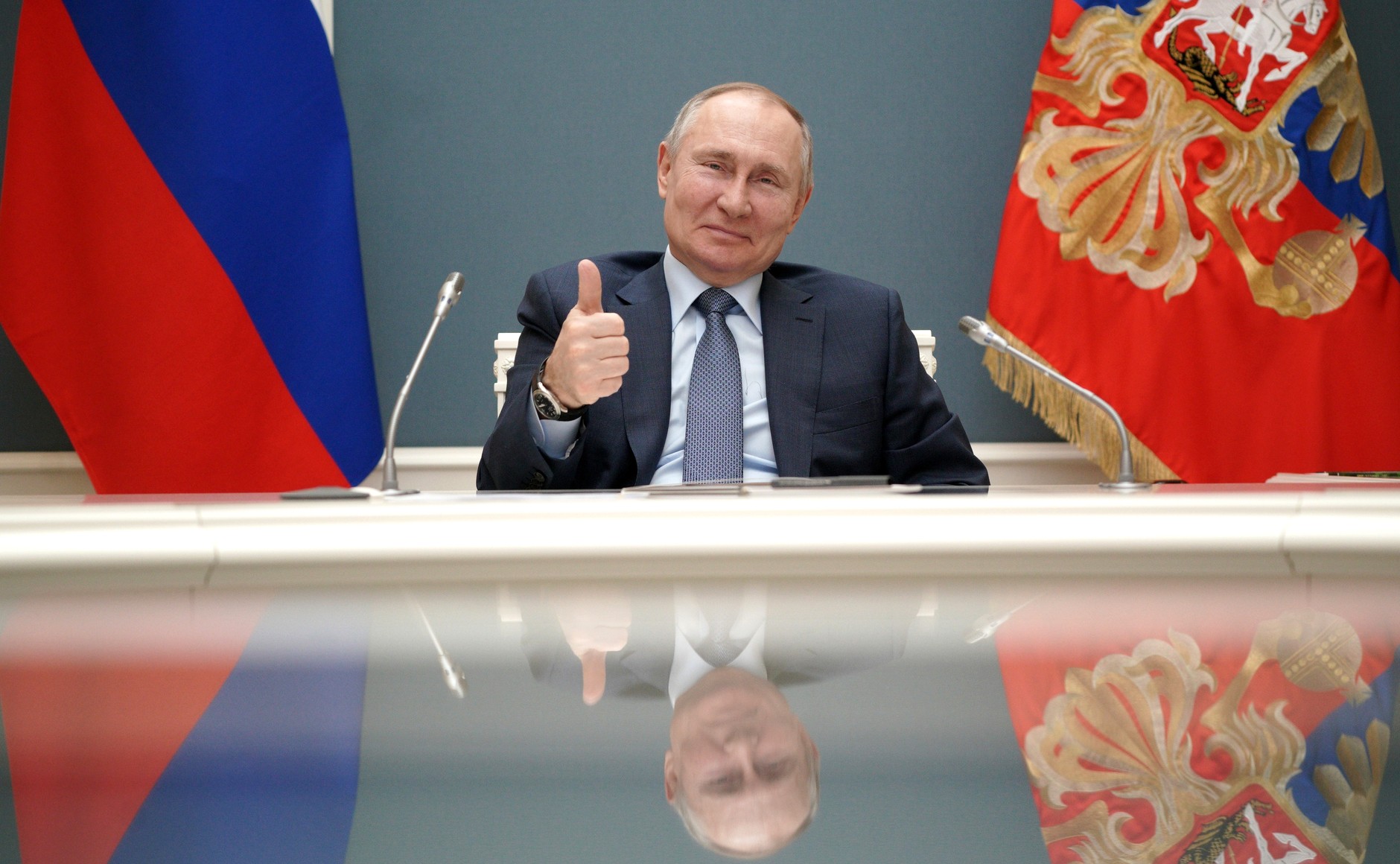Can Putin really snore for the Russian economy?

Russia's economy is doing better than expected and the Kremlin is rejoicing. But the scenario, in truth, is not so positive. Facts, numbers and comments
In the Kremlin there is great excitement, and perhaps crazy joy, over an economic performance that even the IMF has certified to be robust and above expectations. But as some economists warn, all that is light is not gold because behind the growth there is that boom in war production which is not having an impact on the living conditions of citizens. And dark clouds can be glimpsed on the horizon.
Borrell's bitterness
“However, their economy is more resilient than we expected: we must face reality for what it is.” The admission through gritted teeth by EU High Representative Josep Borrell reveals the mood of many in the face of new IMF data which shows, writes the Financial Times , that " Russia 's economy will expand much more this year faster than expected."
New estimates
Updating its previous October forecasts, the Washington-based financial body set the expected growth of Russian GDP this year at 2.6%, which should increase at a rate that is even double what was estimated four months ago.
This is a much rosier figure than that of the World Bank, which at the beginning of the year estimated this year's increase at 1.3%.
Record growth?
That growth surplus of 1.5 percentage points is even the most robust of all the world's economies assessed by the World Economic Outlook that the IMF released on Tuesday. And it is even higher than the Russian authorities themselves estimated: the FT recalls that in November the Central Bank had drawn up growth forecasts for 2024 of between 0.5 and 1.5%.
IMF chief economist Pierre-Olivier Gourinchas warns that the Fund's projections are "in a certain sense provisional" because it is waiting to validate the official statistics from Moscow. And the Russian Minister of Economy is of the opinion that GDP growth this year will be more limited, i.e. a maximum of 2.3%.
Better than we expected
It remains that "the Russian economy is doing better than we expected", comments Gourinchas for whom, however, he warns, economic growth will weaken in the long term and will be lower than before the invasion of Ukraine.
Putin gloats
Naturally, the one claiming victory is that head of the Kremlin who speaks of an "astonishing result" which could even conceal, in his words, "further growth in GDP" which according to him could exceed 4%.
And this, he gloats, despite "they are pressing us from all sides". His enthusiasm is such, Reuters observes, that it has led him to declare that his country now has sufficient margins to emancipate itself from the West which has attempted to strangle it with sanctions.
In a statement the Kremlin claims that behind the excellent economic performance there are above all "internal consumption and investment demand" in sectors such as industry, construction, agriculture, tourism and freight transport.
And there are those who, like the governor of the Central Bank Elvira Nabiullina, have already seen "overheating" on the way.
The truth
On Wednesday, the Rosstat statistical service also released its growth estimates, which set it at 3.6%, as reported by Reuters which however raises the doubts of some economists on the actual impact of this growth on citizens' living standards.
For one of them, Sergei Khestanov, that boom is the effect of that of armaments, that is, “of a process from which the civilian economy receives very little benefit. “The Soviet Union also produced many tanks and missiles, but ordinary people didn't notice it.”
The confirmation is provided by the Russian Center for Macroeconomic Analysis and Short-term Forecasting (CAMAC), which has calculated that 60-65% of the industrial production surplus recorded in the last two years is linked to the war in Ukraine.
Limited impact
Russia, other economists explain to Reuters , is pumping the economy with "one-off and unproductive investments that generate limited future benefits".
“To put it bluntly – explains Aleksandra Suslina – production for the military-industrial complex involves throwing money out of the economy”, that is, in goods such as “tanks and bombs that are used only once and do not reverberate on the economy” .
Black clouds
The Monetary Fund itself, Reuters recalls, estimates that the Russian economy will grow by only 1.1% in 2025.
“I don't believe,” explains Yevgeny Nadorshin, chief economist at PF Capital, “that current economic growth is long-lasting or high-quality. On the contrary, I see it as the prelude to an incipient economic crisis."
It would be the first since 2004 and, underlines the economist, "it might not even need an external shock".
This is a machine translation from Italian language of a post published on Start Magazine at the URL https://www.startmag.it/mondo/economia-russia-putin/ on Sat, 10 Feb 2024 07:15:45 +0000.
